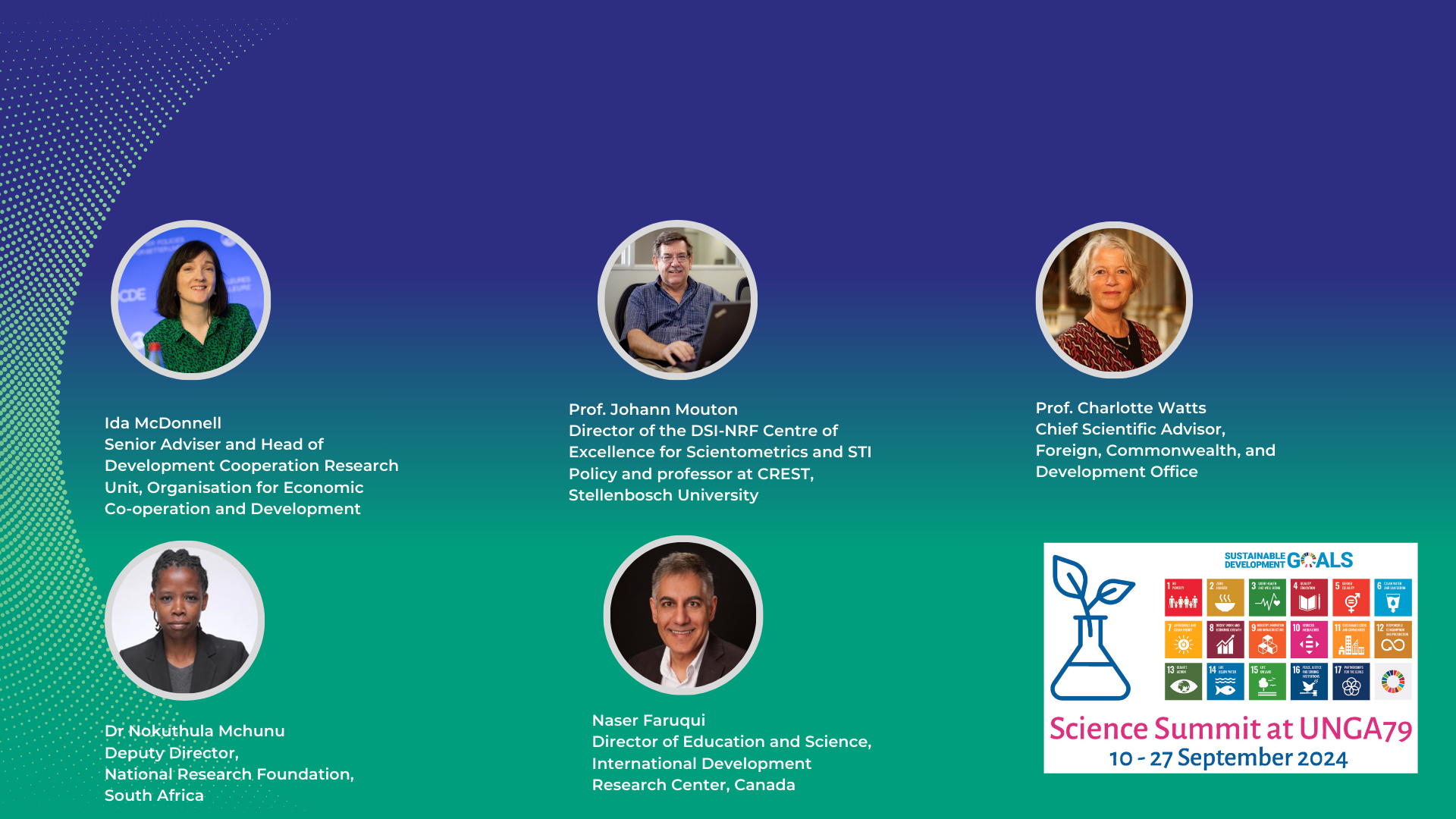Data on research is crucial to the effective implementation of science, technology, and innovation (STI) strategies toward the United Nations’ Sustainable Development Goals (UN SDGs).
Harnessed effectively, data on research can enhance coordination among research funders to help them identify gaps and opportunities for collaboration and avoid duplication. STI has a limitless potential to transform lives – particularly in the face of today’s grand challenges (such as those relating to global health, climate change, and food security) that disproportionately impact people in low- and middle-income countries (LMICs). Against the backdrop of increasing budgetary constraints in the Official Development Assistance (ODA) realm and beyond, the role of reliable data in effective decision making and allocation of finite resources to fund STI activities cannot be understated.
From UKCDR’s mapping and analysing ofUK and global investments in research, it is clear that challenges persist, both within the UK and internationally, that inhibit the true potential of data activities to sufficiently identify research funding trends and guide funding for research designed to progress the 2030 Agenda for Sustainable Development. These challenges include the paucity of regularly updated statistics, incomplete data on funding flows, and multiscalar barriers to accessing and sharing data.
In this virtual session, UKCDR will provide vital context on the cycicity of data using examples from its own work. We will then convene a panel of experts to discuss the importance of data, what can be done to support evidence-informed decision making, and how data support can be effectively rolled out to benefit the entire research ecosystem. Our panel comprises a diverse range of experts from both high-income and low- and middle-income countries. Together, they will demonstrate how research funders have successfully used data products to make funding decisions that address global challenges and how the landscape of and interactions with this type of grants data has evolved over time. Reflecting on present limitations and future possibilities, the panel will also explore the challenges faced by organisations in providing data for decision making, and opportunities in the face of technological advancements to support progress towards the SDGs.
Session details:
- Naser Faruqui (panel moderator), Director, Education and Science at International Development Centre, Canada
- Charlotte Watts, Chief Scientific Adviser, Foreign, Commonwealth and Development Office United Kingdom
- Ida Mc Donnell, Head of Development Co-operation research unit, Organization for Economic Co-operation and Development
- Nokuthula Mchunu, Deputy Director, African Open Science Platform, National Research Foundation, South Africa
- Johann Mouton, Director of the DSI-NRF Centre of Excellence for Scientometrics and STI Policy; Professor, Centre for Research on Evaluation, Science and Technology, Stellenbosch University
Session information:
- Time and date: 16 September 2024, 14:00 – 16:00 BST / 09:EDT
- Format: virtual (Zoom)
Important registration information:
All attendees must register for the UNGA Science Summit (SSUNGA79) before registering for our session. Once registration is approved, please search for our session by filtering by date (16 September) and add our session to your agenda.
